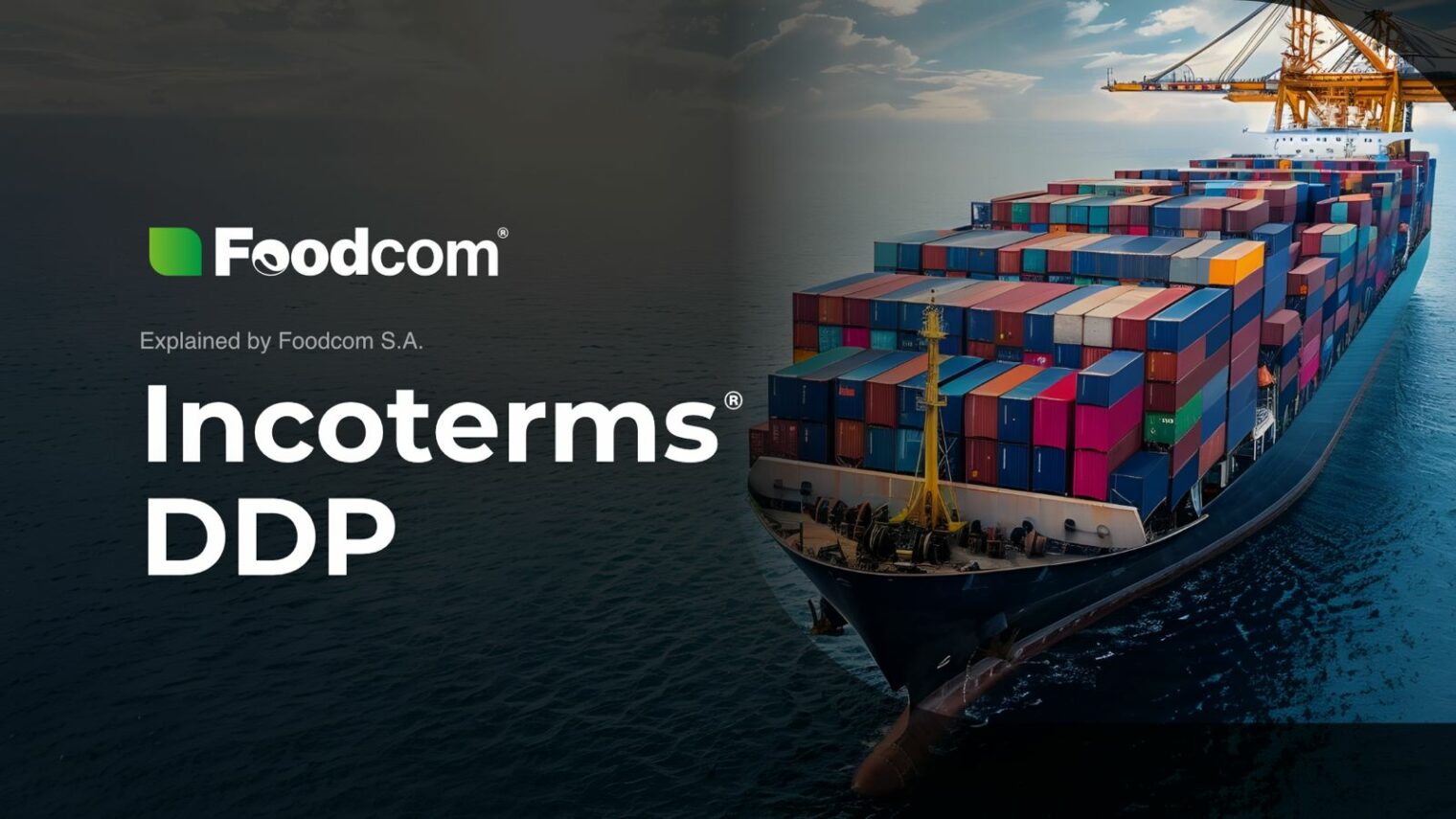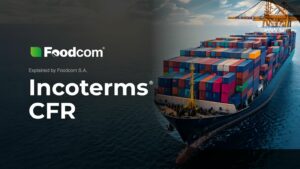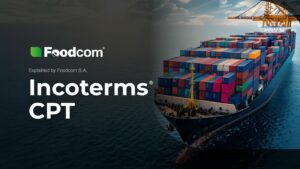- DDP Incoterms® stands for Delivered Duty Paid.
- The DDP rule provides that the seller assumes all costs and risks associated with the goods until delivery to the specified destination.
- The time of transfer of risk occurs when the goods are delivered to the destination.
- The DDP rule can be applied to all modes of transportation.
In the global trading environment, Incoterms® play an important role in determining the terms of delivery of goods. One of these rules is Delivered Duty Paid (DDP). In this article, you will learn more about Incoterms® DDP and the rules and conditions for delivery. Be sure to read on!
What are the Incoterms® rules?
Incoterms® are a set of international trade rules developed by the International Chamber of Commerce (ICC). The Incoterms® define the rights and obligations of the parties in international trade transactions. They facilitate communication between trading partners from different countries by using uniform terminology and definitions.
DDP Incoterms®: what does it mean?
DDP Incoterms®, or Delivered Duty Paid, is a rule that belongs to the D group. According to the rules of this group, the seller is obliged to deliver the goods to the specified destination or port. Under DDP, the seller bears the greatest responsibility compared to the other Incoterms® rules.
DDP rule: delivery terms
The DDP rule provides that the seller bears all costs and risks associated with the goods until delivery to the specified destination.
Sharing of costs
The seller bears the costs for:
- all inspection activities such as quality control, measuring and weighing of the goods,
- all duties and taxes on importation of the goods,
- unloading at the place of destination if provided for in the contract of carriage,
- issuance of the delivery bill.
The buyer must pay the costs:
- the goods,
- everything related to the goods after delivery,
- unloading, if such arrangements have been made,
- for any additional costs incurred by the seller if the buyer fails to fulfill its obligations.
Division of duties
The seller’s obligations include: delivery of the goods and documents to the pre-determined destination by the specified date, proper packaging and labeling of the Goods for transportation (unless otherwise agreed by the parties), and providing the buyer with the information and documents necessary for the receipt of the goods.
In turn, buyer shall: pick up the goods, provide the seller with the necessary information to obtain insurance (upon request), assist seller in obtaining import, export or transit documents (upon seller’s request), and, if both parties agree that buyer shall determine the time and place of delivery, notify seller in a timely manner.
Moment of transfer of risk
The time of transfer of risk shall be the time when the goods are delivered to their destination. Once the goods are delivered, the risk of loss or damage shall pass from seller to the consignee.
Forms of transportation
The DDP rule can be applied to all forms of transportation. In addition, it can be used for more than one type of transportation.
What you should consider when choosing Incoterms® DDP?
If you decide to use Incoterms® DDP, you should keep in mind that the seller has a lot of responsibility and has to bear a lot of costs. It should also be noted that neither the seller nor the buyer is obliged to conclude an insurance contract. However, at the express request of the seller, the buyer must provide the necessary information required to take out insurance, which will incur costs.
DDP vs. other rules
Incoterms® DDP is often compared to the Delivered at Place (DAP) rule. The difference between the two is import clearance. Under DDP, the seller is responsible for completing the import clearance, bearing the risk of loss or damage to the goods and possible additional costs if it is not completed in a timely manner. In contrast, with DAP, the buyer is responsible for import clearance.
Trade with Foodcom S.A.
Incoterms® rules may seem complicated, but working with Foodcom S.A. greatly simplifies the entire trading process. Our sales representatives, with the support of experienced specialists from the logistics department, make the best choice of transportation method. Foodcom S.A. sales department provides support, guarantees optimal conditions for the transaction and meets the expectations of Business Partners. At Foodcom S.A. we are able to comprehensively implement even the most demanding transactions, and the entire process runs smoothly and according to plan.







